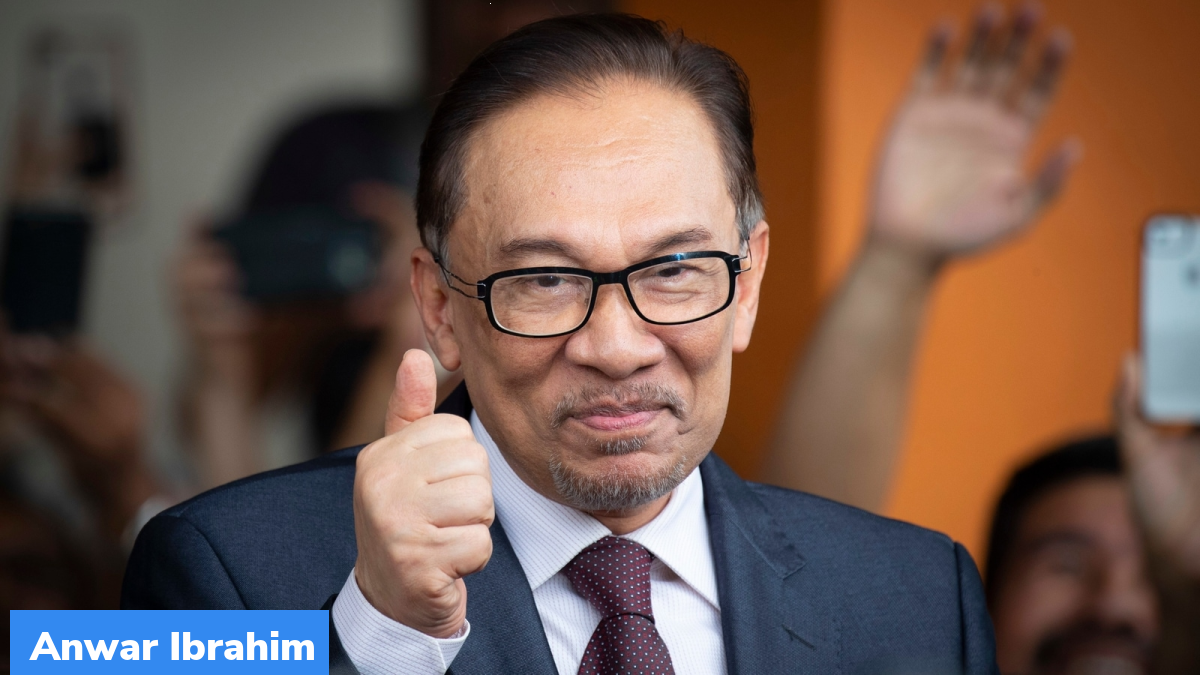Anwar Ibrahim Becomes Malaysia’s New Prime Minister
On November 24, veteran opposition leader Anwar Ibrahim was appointed as the 10th Prime Minister of Malaysia by King Sultan Abdullah and sworn in. His appointment concludes the five-day political impasse caused after no party managed to secure a majority to form the government for the first time since the independence in 1957.
Who is Anwar Ibrahim?
- Anwar Ibrahim is a veteran politician in Malaysia who started his political career as a student activist.
- He founded the Muslim Youth Movement of Malaysia (ABIM) in 1971.
- In the early days of his political career, Ibrahim led protests against rural poverty and other socio-economic challenges afflicting the country.
- He later joined the United Malays National Organisation (UMNO) party and became the finance minister.
- During his tenure as a finance minister, he independently implemented various political decisions that helped Malaysia weather the impact of the Asian financial crisis.
- However, when the 1990s financial crisis exacerbated, Ibrahim was fired and arrested for corruption and sodomy – a crime in Malaysia. His arrest triggered large-scale protests.
- When his conviction was overturned in 2004, Anwar Ibrahim returned to politics and led his own reformist party that almost defeated the UMNO in the 2013 elections.
- However, he was again accused of sodomy and was arrested in 2015.
What are the current political challenges in Malaysia?
Anwar Ibrahim was sworn in as the new Malaysian Prime Minister at a time when the country is still struggling due to the long-term consequences of the COVID-19 pandemic. Malaysia is currently politically divided. There is also pressure from the public to address corruption, safeguard democratic rights and ensure the independence of important government institutions like the parliament and the judiciary.
Anwar’s appointment as the new Prime Minister is seen as a relief by many since the appointment of the rival political party Perikatan Nasional’s coming to power would have meant a more conservative, religious and less democratic functioning of the government.
Month: Current Affairs – November, 2022
Category: Awards, Honours & Persons in News • International / World Current Affairs


